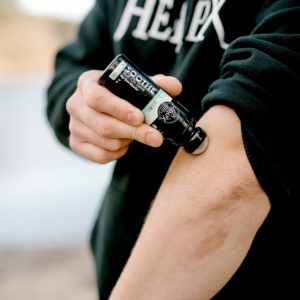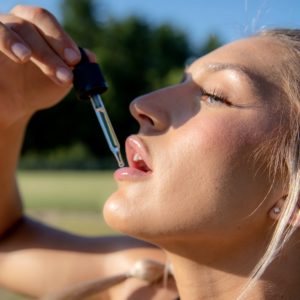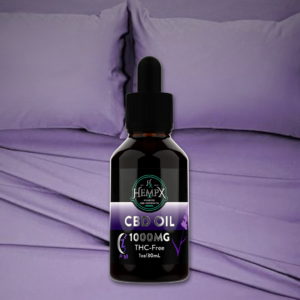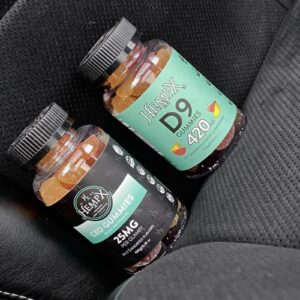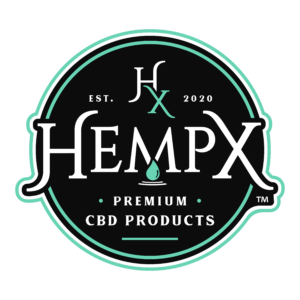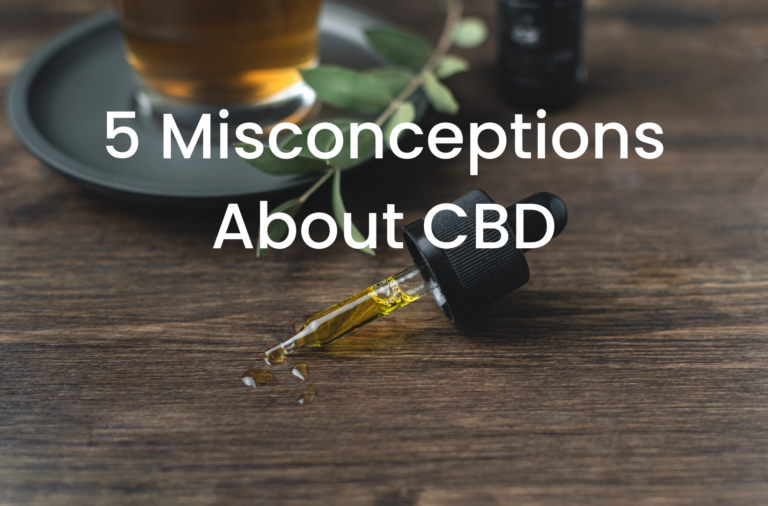
Cannabidiol, or CBD, has rapidly gained popularity in recent years as a natural remedy for various health issues. CBD has been hailed by many as a wonder drug with numerous benefits. However, as with any new trend, misconceptions and myths often arise. In this blog post, we’ll explore 5 misconceptions about CBD and shed light on the truth behind this popular cannabinoid. Whether you’re a CBD user or simply curious about its effects, read on to learn more about the reality of CBD.
5 Misconceptions About CBD
CBD gets you high: No, CBD is a non-psychoactive compound. It does not produce the “high” associated with THC, another compound found in hemp and cannabis plant.
You can get addicted: No, CBD is not addictive. CBD does not produce the same dependence as opioids or other addictive substances.
CBD is a cure-all: Unfortunately, it’s not. While CBD has shown promise in treating various conditions, it is not a cure-all. CBD should not be used as a substitute for professional medical care.
CBD works immediately: No, CBD needs a short time to work into your Endocannabinoid System (ECS). CBD may take time to produce the desired effects, and the optimal dosage may vary between individuals. It is recommended to start with a low dosage and gradually increase until the desired effects are achieved.
All CBD products are the same: This is so not true! CBD products vary in quality, potency, and composition, meaning ingredients. CBD products differ depending on factors such as the source of the hemp, the extraction method, and the manufacturing process. It is important to choose high-quality products from reputable companies.
Are you surprised?
Ultimately, there are many misconceptions about CBD that can lead to confusion and misinformation. However, by understanding the truth behind these misconceptions, we can make informed decisions about the use of this natural remedy. It’s important to remember that CBD is non-psychoactive and non-addictive. It has shown promise in treating various conditions, but it should not be used as a cure-all. Additionally, the effectiveness of CBD may vary between individuals and it’s important to choose high-quality products from reputable companies. Look for third-party lab testing to ensure the product contains the amount of CBD advertised and is free from contaminants. With this knowledge, you can continue to explore the potential benefits of CBD while making informed decisions about its use.
